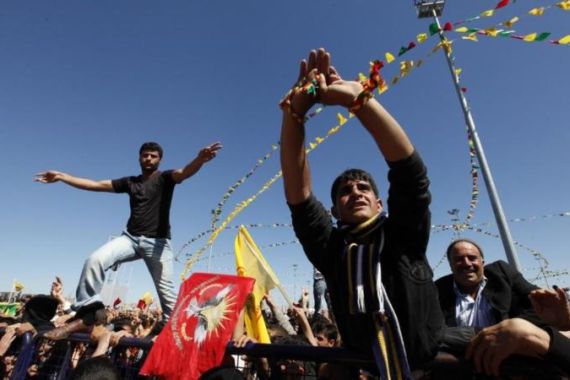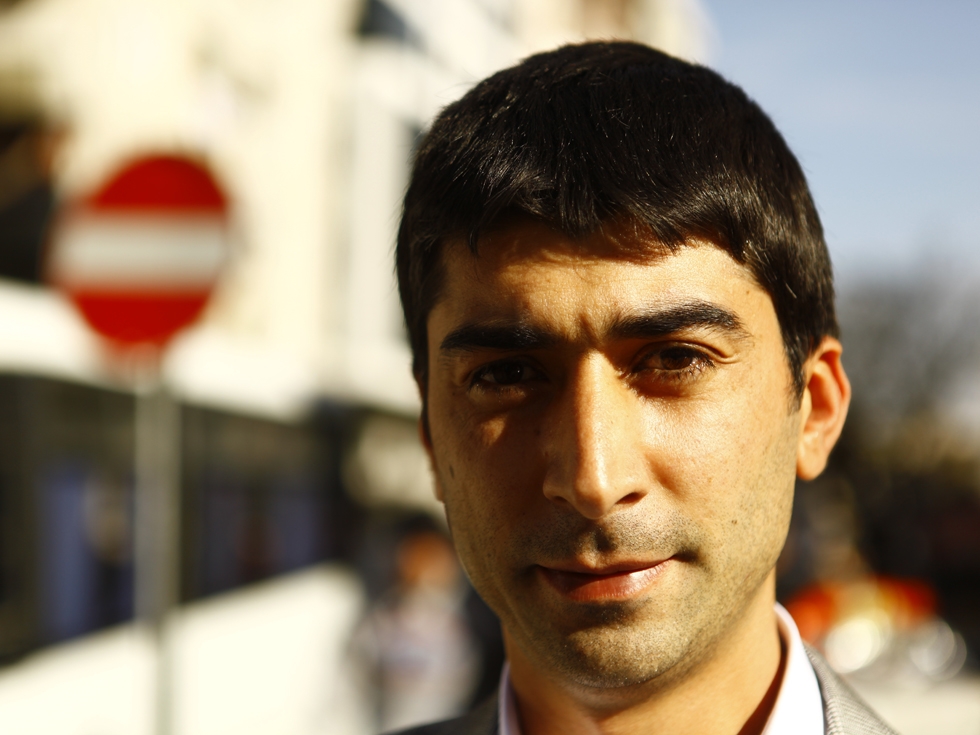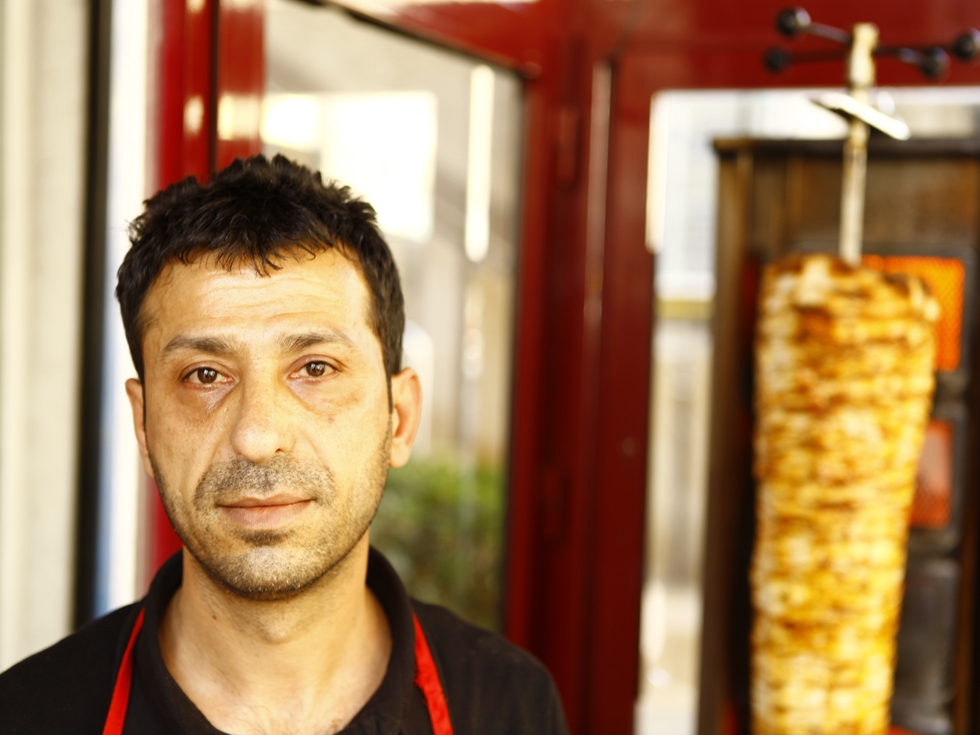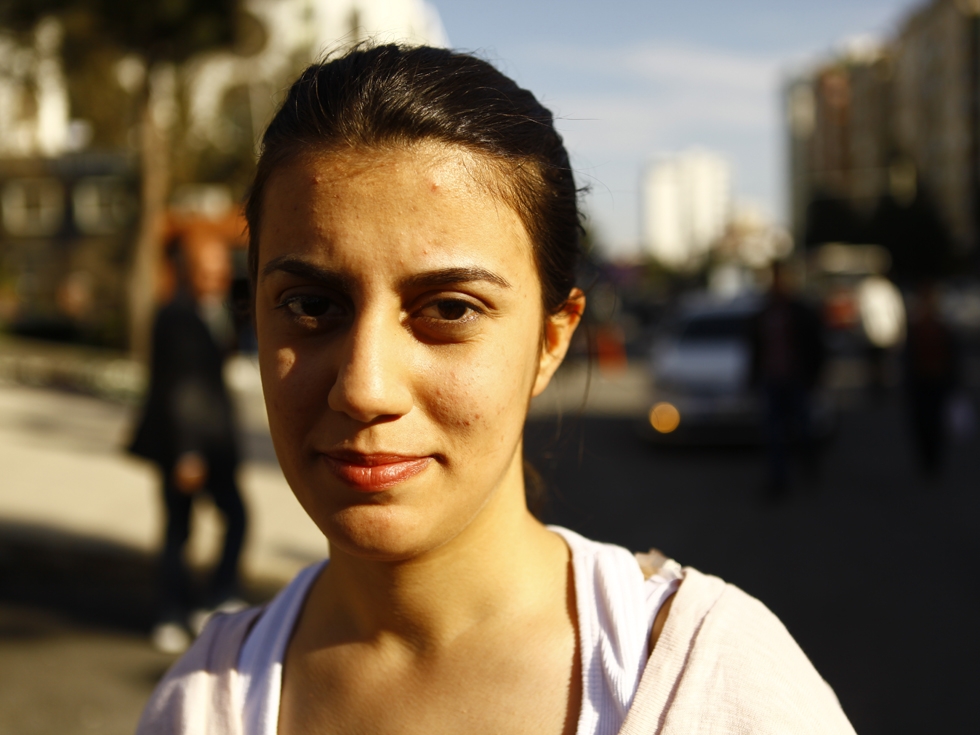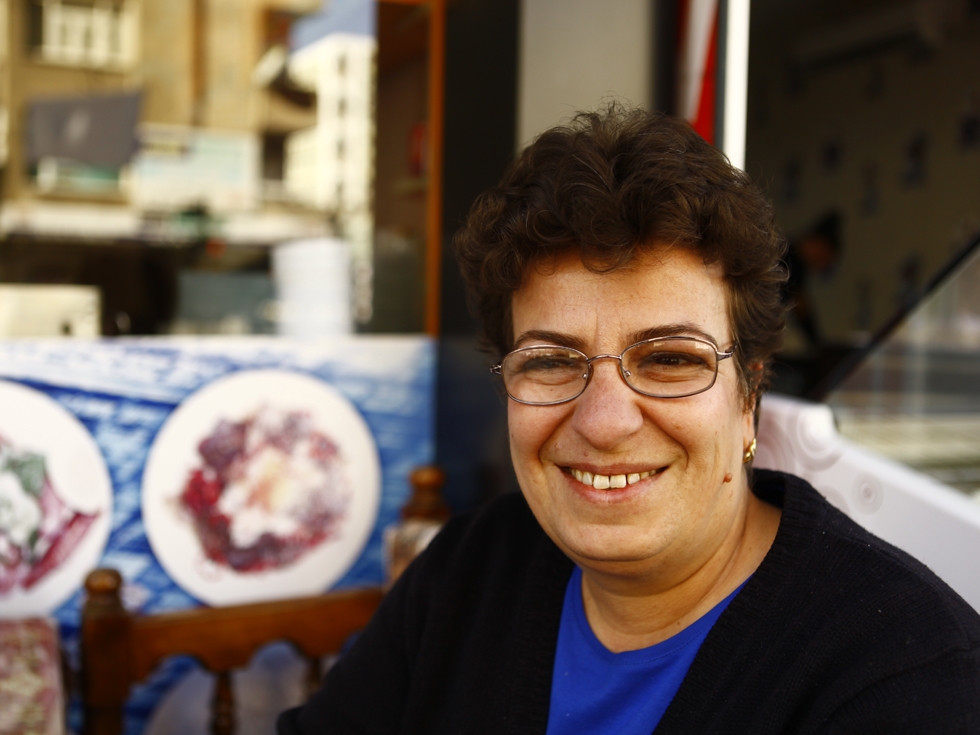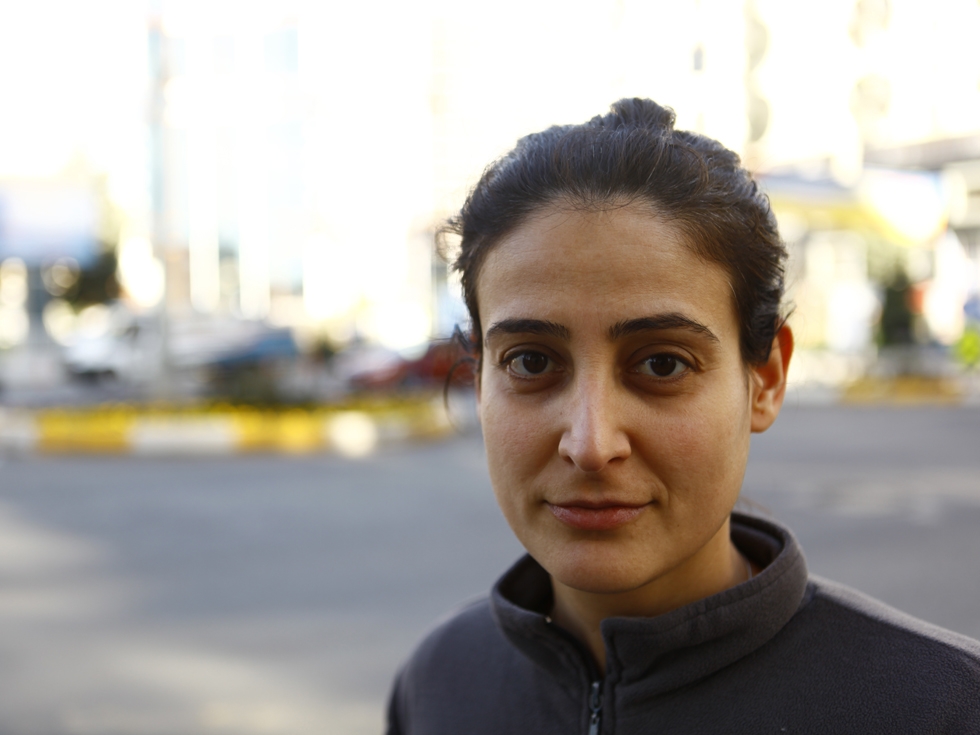Abdullah Ocalan, the leader of Kurdistan Workers’ Party (PKK), an armed group which has battled the Turkish government, has called for a cease-fire and the withdrawal of PKK forces from Turkey.
The statement from the imprisoned leader was the read at Newroz or Kurdish New Year celebrations in the predominantly Kurdish city of Diyarbakir in southeastern Turkey.
Ocalan said that they are moving from “armed struggle” to “political struggle” with participation of all people in the region. “This is not an end, it is a beginning,” he stressed. “Democracy and equality is our priority.”
Criticising Western imperialism, he said artificial conflicts are being created across the region, making Arabic, Kurdish, Persian and Turkish people “strangle” each other.
In a rapidly developing process revealed to the Turkish public in the last days of 2012, Ocalan, who was not allowed to see anybody apart from his relatives for 17 months, met with Kurdish or pro-Kurdish MPs three times in 2013. He delivered messages to the public through these delegations and sent letters to the PKK’s armed and non-armed wings, laying the framework for peace talks.
As a result of one of Ocalan’s messages, the outlawed Kurdish group released eight captive public employees in mid-March.
The so-called “Four-stage plan” plan, which was leaked to Turkish media and not denied by the government, puts forth the following steps for peace: Permanent ceasefire; approval of a judicial reform package that will release thousands of imprisoned Kurdish activists/politicians and the withdrawal of PKK members beyond Turkey’s borders; democratisation talks; and finally disarmament.
The sensitive process has been threatened by various developments such as killing of 14 PKK members by the Turkish army in the southeastern city of Hakkari in the early days of 2013, unclaimed assassinations targeting three PKK members in Paris on January 10, a series of Turkish air strikes on PKK targets in northern Iraq, the leaking of second Ocalan-MP delegation meeting to Turkish media in the beginning of March and a recent bomb attack with no casualties on the ruling Justice and Development Party headquarters in capital Ankara.
Despite these developments, this year’s Newroz, a time historically fraught with tension that has in the past led to clashes and deaths, has been celebrated for a week across Turkey.
Al Jazeera speaks to citizens of Diyarbakir about the prospects for a long-term peace deal.
|
| | Resat Ozbek [Huseyin Narin/Al Jazeera] |
|
“There is a positive atmosphere in Diyarbakir; there is hope among people. I get important signals (towards a solution to the Kurdish question).
“The steps taken by the government are not enough but give us hope for the future.”
Haci Demir, Restaurant employee
|
|
| | Haci Demir [Huseyin Narin/Al Jazeera] |
|
“I am hopeful about the process. I wish for peace. I am happy with the initiative of the government.
“With God’s willing, I hope we live as brothers in this country. All of us, [Kurdish and Turkish] have been here for many years. We have married each other’s daughters. We cannot be separated.”
Kadir Yasar, self-employed
|
|
| | Kadir Yasar [Huseyin Narin/Al Jazeera] |
|
“These people have been waiting for years, craving for peace. I am very excited. This is a peace process with a good vibe.
“I am cautious about the government’s steps and I do not totally trust them though. Eleven civilians were found dead in Tepecik village in 1992. Two of them were my brothers. Those funerals are the past now, I am looking to the future.”
|
| | Merve Efe [Huseyin Narin/Al Jazeera] |
|
“This is a beautiful day and hopefully we will reach peace in this country. I do not want people to die anymore. I support the cease-fire.”
Aysel Avcilar, Restaurant owner
|
|
| | Ayse Lavcilar [Huseyin Narin/Al Jazeera] |
|
“I have hope this time. The Newroz celebrations are much more beautiful in this special year (because of peace process).
“Ocalan’s message is very important. We have been watching the news. The atmosphere is not tense and we are comfortable. The fates point to today.”
|
| | Ahmet Korkmaz [Huseyin Narin/Al Jazeera] |
|
“We are for peace. It is time for peace.
“We are happy with the steps taken by the government. It is a really good initiative. I hope it finalises.
“That happens if nobody deliberately creates obstacles. Blood should not be spilled anymore, mothers and fathers should not cry.”
|
| | Aynur Kilinc [Huseyin Narin/Al Jazeera] |
|
“I was born in Hatay (the southest city of Turkey bordering Syria) and have been on assignment in Diyarbakir for the last two years.
“I hope the process ends well for both sides. I am not very hopeful as I was disappointed with the previous processes.”
